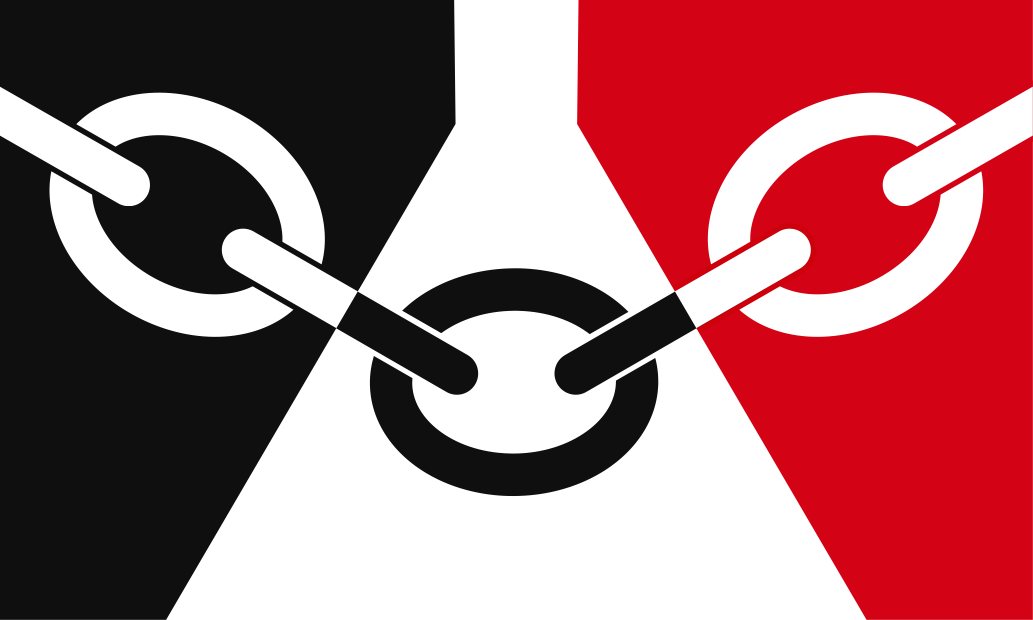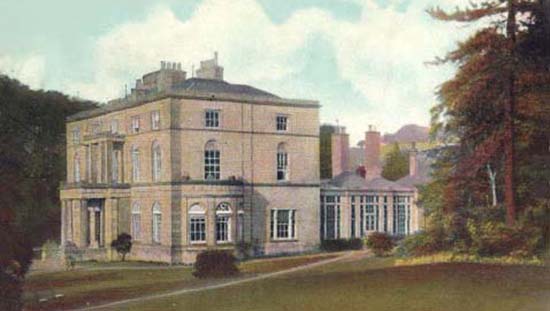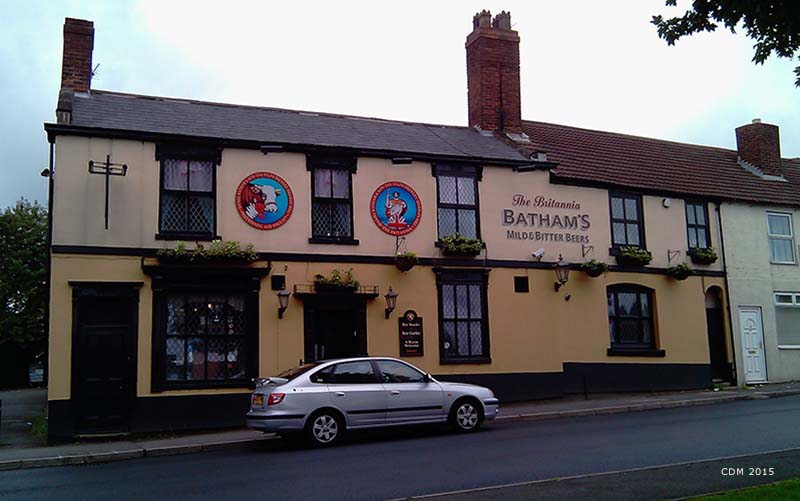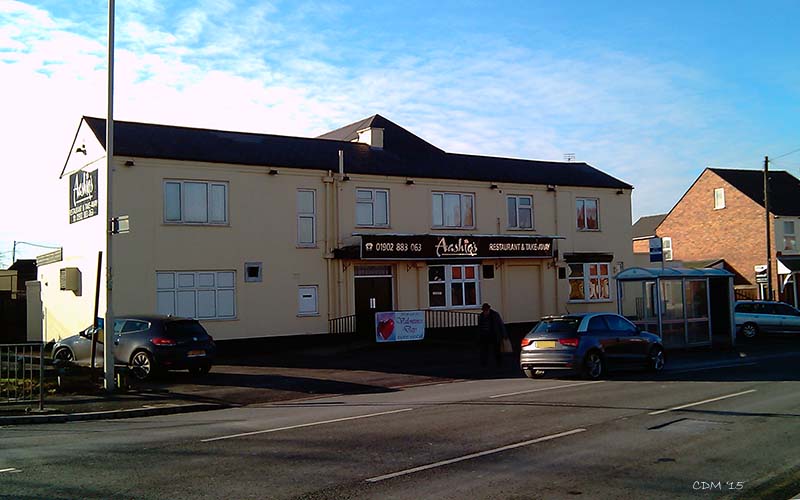
|

|
|||
|
Landmarks ~
Churches ~
Pubs ~
Shops ~
Amenities ~
Dwellings ~
Events ~
Schools ~
Sports
Industrial ~ Transport ~ Folklore ~ Families
~ Pubs ~
Bell ~
Bricklayers Arms, Kent St. ~
Bricklayers Arms, Straits ~
Bull & Butcher ~
Cottage Spring ~
Cross Keys ~
Duke William
Fiddlers Arms ~ Glynne Arms ~ Hop and Barleycorn ~ Horse & Jockey ~ Horseshoe ~ Leopard ~ Limerick ~ Limerick, Kent St. Lion ~ New Inn ~ Pear Tree ~ Queens Head ~ Royal Exchange ~ Spriggers Arms ~ Swan ~ White Chimneys ~ White Lion Bulls Head ~ Cottage of Content ~ Crown ~ Durham Ox ~ Five Ways ~ Good Intent Green Dragon ~ Junction ~ Shakespeare ~ Straits House ~ Waggon & Horses Black Bear ~ Britannia ~ Bush ~ Five Ways, Himley Road. ~ Forge ~ Fountain ~ Jolly Crispin Meadow Lark ~ Miners Arms ~ Old Bulls Head ~ Old Mill ~ Red Cow ~ Red Lion ~ Spills Meadow ~ Woodman
The Hop and Barleycorn Inn
New Street, Lower Gornal.
This was quite a large but short-lived enterprise that has long gone.
It's exact location is unconfirmed, but probably in the New Street area of Lower Gornal. 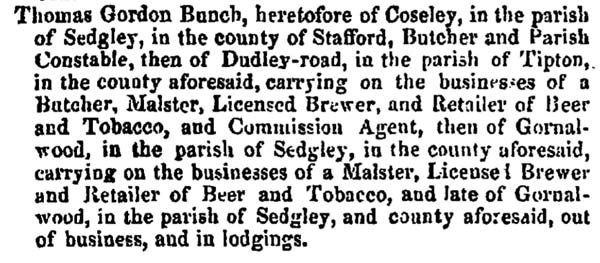 1861: London Gazette, June.
1861: London Gazette, June.
Thomas Gordon Bunch was born in Tipton, he married Mary Ann Smith in 1846,
he was a Parish constable and butcher of Coseley before he moved to Gornal.
Thomas was living in New Street, Lower Gornal age 33 by 1861 and in a bankruptcy
notice was described as a butcher, maltster, brewer and commission agent.
The household included his wife Mary Ann, also 33 years of age, along with their children
Mary Ann, Matilda, Henry and John G.
It appears that Thomas Bunch got into financial difficulties around 1861.
In 1864 an application for a licence
was put forward by Mr. Bunch, but was refused, some objections
from the Queens Head in New Street and other establishments located nearby.
This could be the reason the enterprise was sold off the following year.
1865 Sale: Wolverhampton Chronicle, June 7.
Thomas Bunch and family emigrated to America in 1864, living in Union, New Jersey,
they had a further three children; Mathew E, Victoria and Maud V, his occupation was a brewer.
After his wife Mary Ann died, he married Cassandra B. Hunt on 6 May, 1878.
The exact location of the malthouse and Inn is open to speculation, the
malthouse possibly between New Street and Brook Street, and the malthouse
was possibly the one used later as a Roman Catholic school started by John Coulson
around 1865.
The Catholic mission failed due to lack of numbers, this was later taken over by Rev. James Y. Rooker of St. James where it continued as a school until the new school opposite the Church was erected. It is probably that the malthouse was also the church of 'St. Pauls', noted in this same location and shown on Ordnance maps in the late 19th Century.
Purely speculation, but due to the near proximity of the later
Pear Tree Inn
that appeared around 1870, could this previously have
been the Hop and Barleycorn Inn?
Licensees:
1861, Thomas Bunch. 1864, Henry Bunch - probably the son of Thomas Bunch. 1865, sold.
1863: Bilston Licensing Session.
~
|
|
|||
